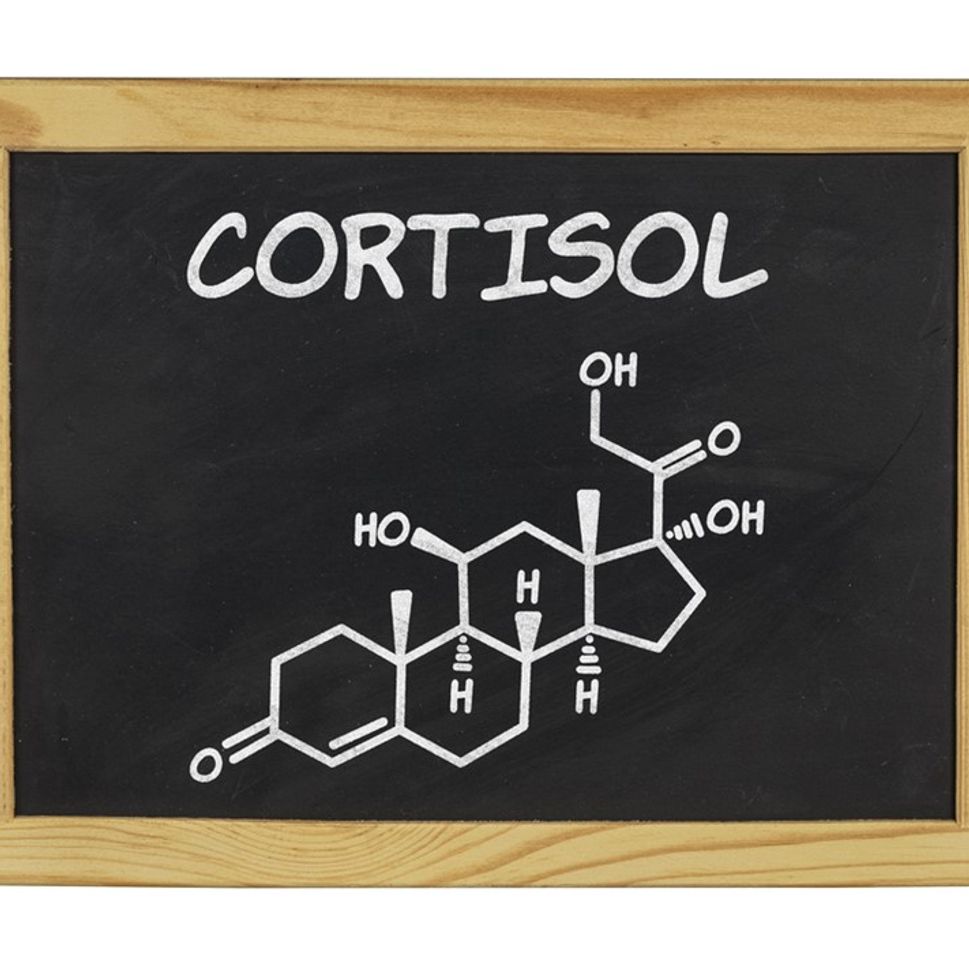So, what about CORTISOL?

Cortisol is known as the “stress hormone.” Our bodies produce it when we are in “fight or flight” situations. Adrenal glands produce different hormones for regulation of electrolyte balance, and immune system suppression. One of the hormones produced is Cortisol. Our bodies produce it to protect us and warn us of potentially dangerous situations. It controls a person’s metabolism, blood sugar levels, and blood pressure. Cortisol also assists in fetal development, like changes within the brain and how it functions.
If living in a constant high-alert state, the adrenal glands are forced to produce too much of this hormone (Cortisol) and over time can lead to an adrenal imbalance, which then can lead to an overactive and consistent “fight or flight” response taking place alongside other physical effects. High cortisol can be a trigger for adrenal stress syndrome and lead to long-term health problems. If an individual or child is in consistent high stress situations, this constant pressure can cause anxiety, depression, and post-traumatic stress disorder. Additionally, the effects of high cortisol levels on children can include difficulties with learning and an increased probability of growing up with health issues. High blood pressure and trouble with cognitive thinking and emotional regulation are also products of a high cortisol level. If the body cannot ‘reset’ itself after a period of intense stress and the excessive release of Cortisol, then it creates an ongoing state of distress in an individual. Often, Cortisol is released when a person is triggered by a smell or sound that reminds them of abuse or a traumatic event they endured. These individuals may have a challenging time explaining their sudden unknown fear or feeling of impending doom. When a person is feeling as if something will go wrong or a situation is dangerous when it is not, this feeling is caused by Cortisol and the release of adrenaline that occurs. Cortisol is something Domestic Violence Advocates, Therapists, and Law Enforcement officers should be aware of. This knowledge is key when dealing with incidents of violence or trauma, as it is important to know that this increase in Cortisol can lead a victimized person to behave erratically.
Find more information here:
https://www.hormone.org/your-health-and-hormones/glands-and-hormones-a-to-z/hormones/cortisol